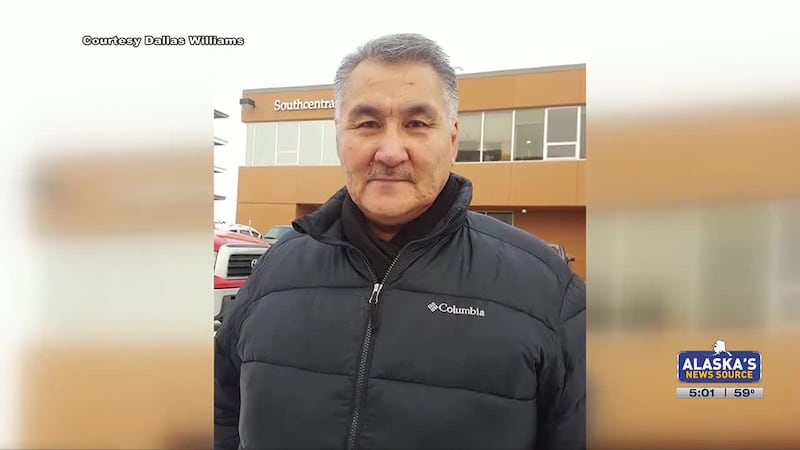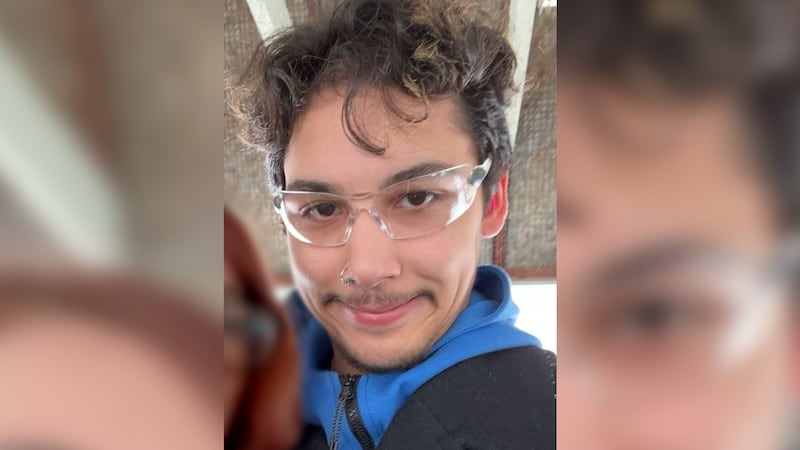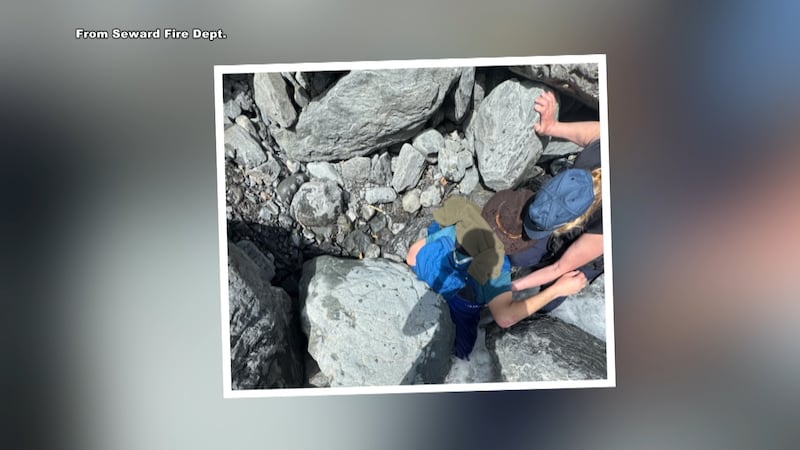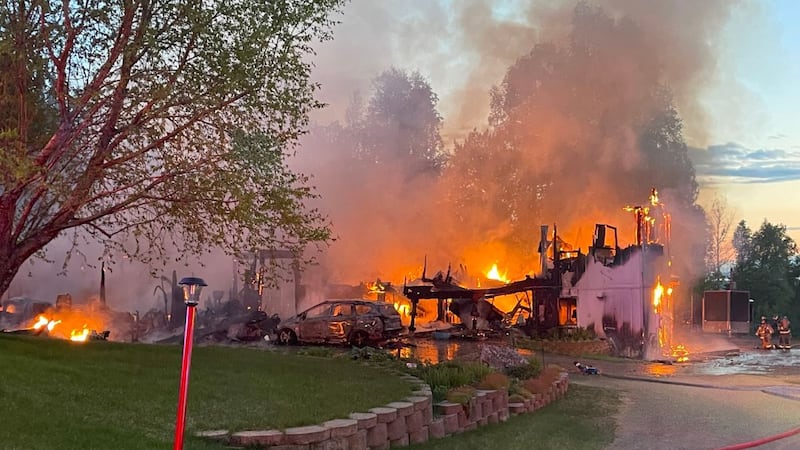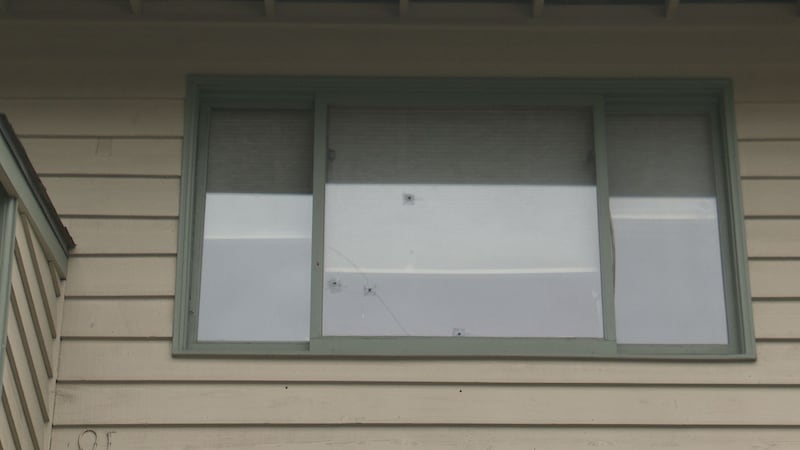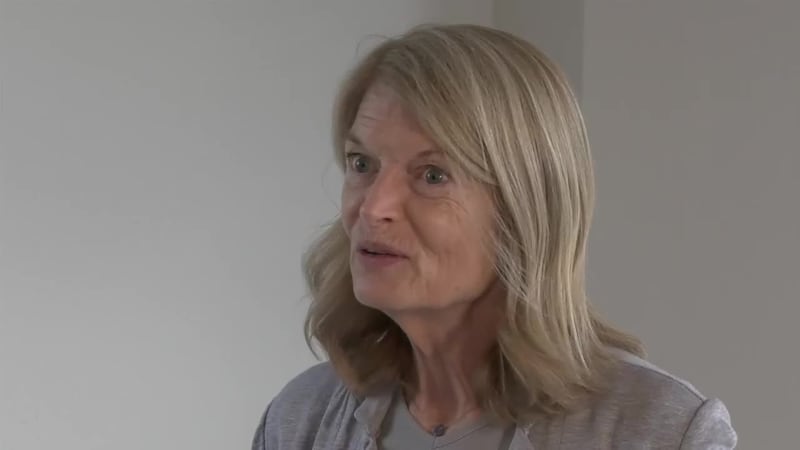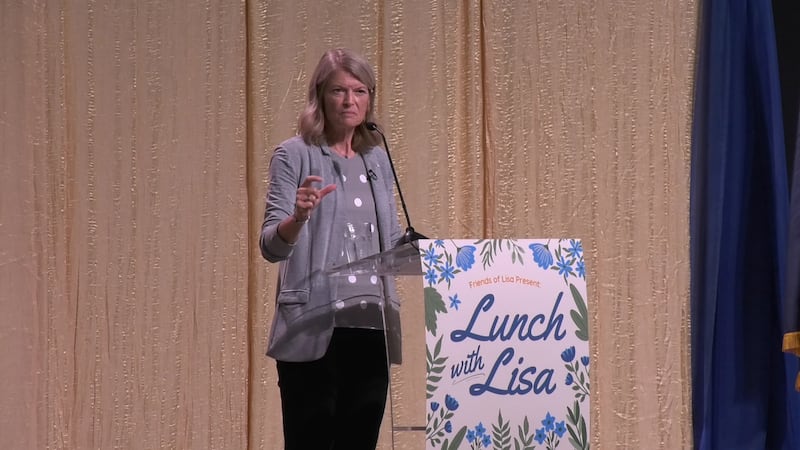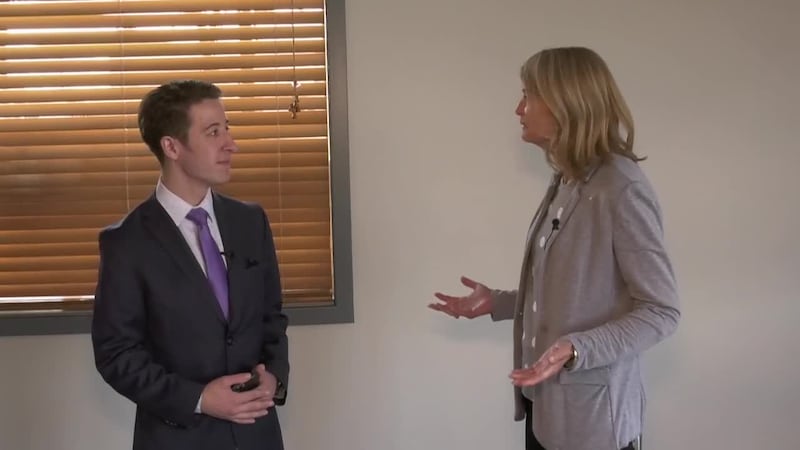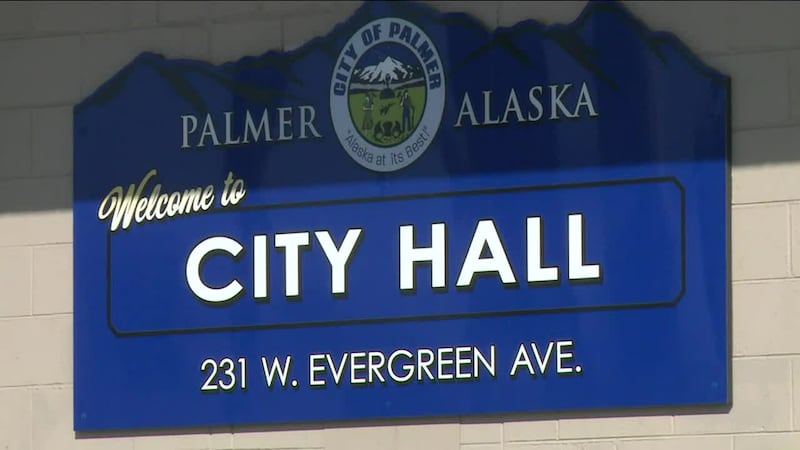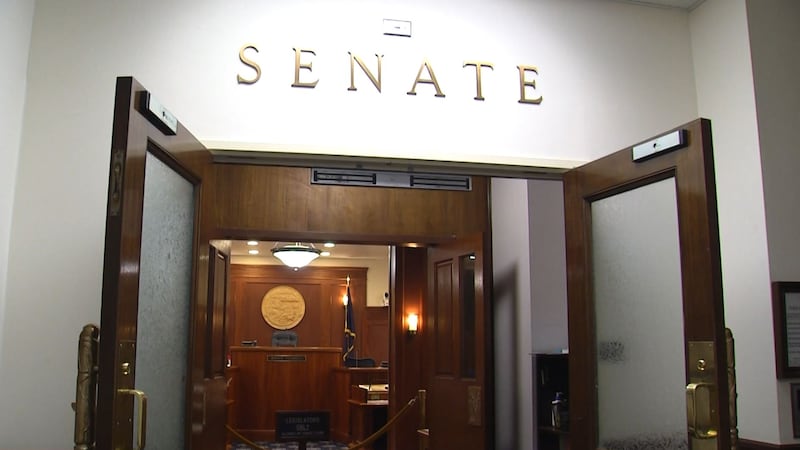State lawmakers reject veto override of per-student funding bill
House Bill 69 arrived to governors desk with $1K BSA provision included
ANCHORAGE, Alaska (KTUU) - After a joint vote of the House and Senate, Gov. Mike Dunleavy’s veto of House Bill 69 was solidified on Tuesday afternoon.
In a 33-27 vote, state lawmakers rejected overriding the governor’s veto, which was announced on April 17.
HB 69, in its current form, sought to increase the annual per-student funding amount – known as the Base Student Allocation, or BSA – by $1,000 for the next fiscal year, setting the BSA at $6,960. The addition would lift the estimated cost of the BSA to more than $250 million total annually.
The legislation arrived for a concurrence vote earlier this month in what lawmakers have repeatedly called a “stripped-down” version. The bill initially, in part, included a multi-year BSA addition based on indicators from the prior few years; it was eventually changed to only including the BSA increase, and no other provisions.
After passing the House and advancing to the governor’s desk for his signature, the bill was vetoed by Dunleavy, R-Alaska, who almost a week prior to the veto had called the legislation a “joke.”
By law, the governor has 15 days to act on a bill while the Legislature is in session. Legislation can be signed, vetoed, or become law without signature. Bills vetoed by the governor, and passed by the Legislature, can go to a veto override vote, as was the case Tuesday.
Sen. Lyman Hoffman, D-Bethel, who serves as a co-chair of the Senate Finance Committee, said before that vote that it was “with great reluctance” that he would support Dunleavy’s veto.
“I do believe in and support a $1,000 BSA, but we need to first address the question of revenues,” said Hoffman, speaking on the House floor. “It’s going to be very, very difficult to balance next year’s budget.
“If we truly say that education is our number one priority, we should stand behind it fiscally,” he added, saying he hopes the BSA increase will be even higher than $1,000 in the future. “Our children, your children, peoples’ grandchildren, deserve an education, a fair and an education that can bring them forward, along with the state of Alaska.”
A $1,000 increase, or higher, “can’t happen if we can’t afford it,” Hoffman continued.
“We need to take our heads out of the sand,” he said, “look at the fiscal realities that we live in today and do what the people have sent us down here to do: to balance this budget.”
Sen. Bert Stedman, R-Sitka, also a co-chair for Senate Finance, stood in support of the governor’s veto as well.
“We can’t have a deficit; we have to balance our budget,” he said. “Like it or not [...] the headwinds look significant.
“We are very concerned over the next year that we may have demands on our treasury that we may have not foreseen,” he said, adding that many lawmakers are reluctant to dip into the state’s savings. “We may need that to carry us forward, so we don’t have to fund a number less than the BSA.”
Among the lawmakers on the opposite side of the vote Tuesday was Rep. Rebecca Himschoot, NA-Sitka, who sponsored HB 69 in its original form.
House Education Committee Co-Chair Rep. Andi Story also said the bill “shows a significant increase in commitment to our children.”
“This means so much to our businesses, to our families, our children,” Story said. “They are Alaska’s future [...] Today is the day we should make the investment.”
Sen. Jesse Bjorkman, R-Nikiski, voted to override the veto as well.
“I had a budget for my first steel-toed boots,” Bjorkman said, “and at the end of the day, I had to leave the store with a pair of boots that fit, and met the requirements.
“Our schools are unable to meet the mission effectively because they don’t have the budget,” he said. “They don’t have the money to leave the store with a pair of steel-toed boots to go to work; That’s where we’re at.”
Expressing support of an override, too, was Rep. Alyse Galvin, NA-Anchorage.
“I think this vote today will send a message to the public, and that is an important message,” Galvin said. “Our Constitution doesn’t say to provide an education only if the numbers look good this year. That’s not optional.”
Non-spending and policy-related bills can go to a veto override vote and require a two-thirds vote of the House and Senate for an override. For spending bills that include appropriations, a veto override requires a three-quarters vote of the Senate and House, or 45 of 60 lawmakers total.
A bill that would’ve raised the BSA by $680 and passed both the House and Senate last year was also subjected to a veto by Dunleavy, which lawmakers failed to overturn by just one vote last spring. A one-time addition to education funding last year, however, was equivalent to an approximate $680 increase to the BSA.
Dunleavy’s new education funding bill for fiscal year 2026 includes a $560 increase to the BSA, as well as several other provisions that his office said would cost about as much as a $700 BSA increase.
Author’s note: This article has been adjusted to accurately reflect the party of Rep. Alyse Galvin, who is unaffiliated and represents Anchorage’s District 14.
See a spelling or grammatical error? Report it to web@ktuu.com
Copyright 2025 KTUU. All rights reserved.

